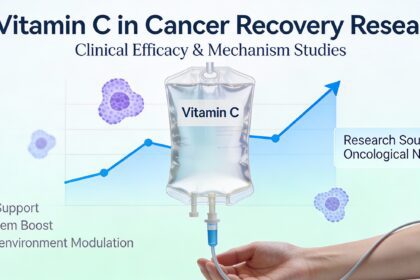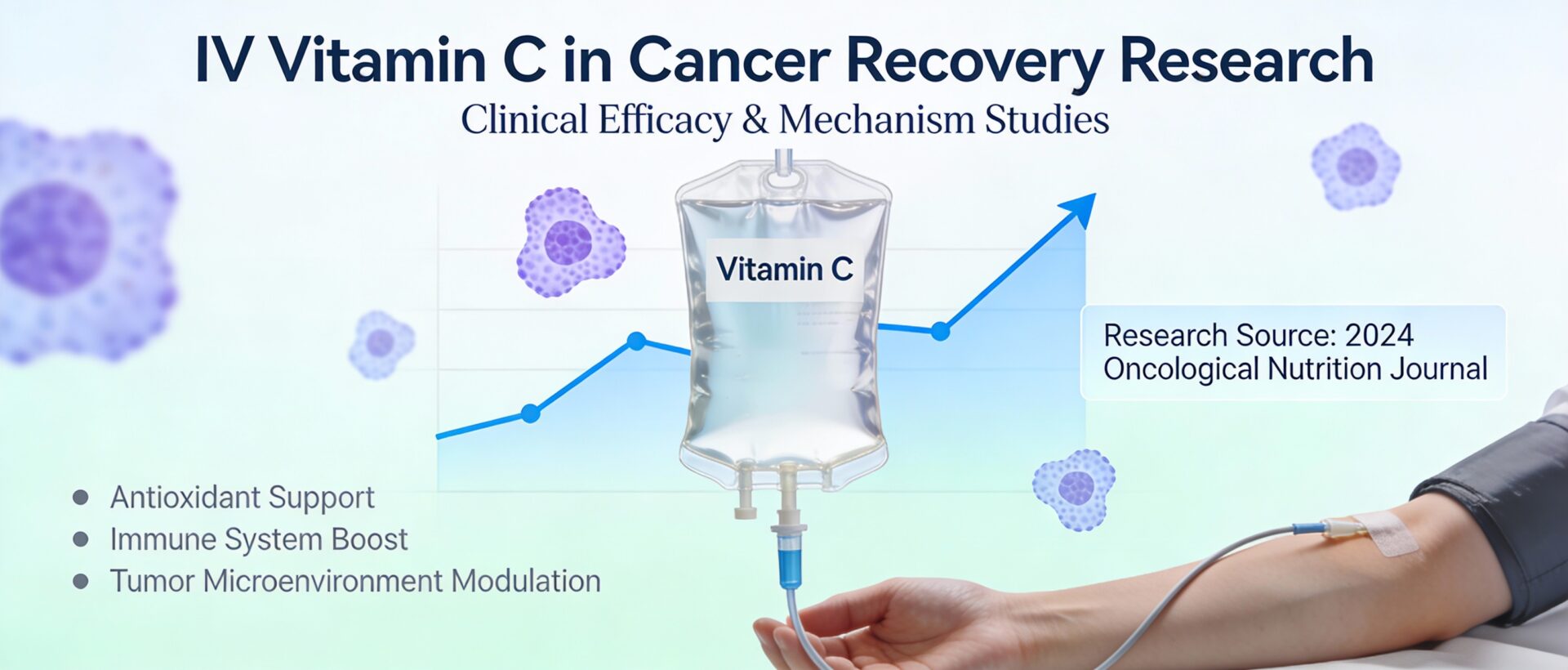OF THE HUNDREDS OF NUTRITIONAL MUSCLE BUILDING OPTIONS OUT THERE, THE CONSUMPTION OF WHEY PROTEIN SUPPLEMENTS POST-WORKOUT IS ONE OF THE MOST PROVEN.
From a business standpoint, selling whey protein supplements is a catch-22. It’s pretty clear that consumers want to buy them, whether because of the convenience, taste, scientific proof, marketing, or all four. Making a whey protein supplement isn’t easy, however. The high-quality dairy proteins (namely, whey and casein) that scientists have spent the most time studying in healthy, resistance-exercising subjects aren’t dirt cheap. This, combined with the fact that the marketplace is saturated with products (i.e. highly competitive), means that profit margins are frequently as thin as your average Facebook friendship. The catch-22 arises from the fact that it is widely believed that a supplement brand will not be taken seriously unless it offers consumers a protein. But let’s leave the business aspects aside and focus on building muscle. Now that you’ve purchased a jug of your favorite whey protein supplement, Infinite Pro™, what do you need to know to put it to the greatest possible muscle-building use? The list shown here answers this question. It was largely derived from a paper I received from Stu Phillips, PhD, of McMaster University, one of the world’s leading scientists studying the effects of combining resistance exercise with whey protein supplementation. The paper, which Phillips coauthored with Keith Baar, PhD, of the University of California at Davis, reviewed the latest scientific research on the subject. When reading through the list, please note that unless otherwise specified, wherever I’ve used the term “protein,” it refers to proteins isolated from milk, almost always whey protein, which is the most studied protein to date. Whether or not the same statements can be made for other commonly eaten proteins (e.g. beef, chicken, tuna), or whole foods in general, remains to be seen.- Above all, you need to understand that building muscle requires stimulating muscle protein synthesis (MPS). MPS simply refers to the process by which your muscle cells build proteins.
- If you stimulate MPS enough your muscles cells will eventually accumulate protein or as scientists say they´ll experience a “net protein gain”. This causes them to increase in size. Unless you gain it´s all in vain. Remember this.
- Resistance exercise (lifting weights) stimulates MPS. If you a) lift weights and b) eat protein immediately afterwards post workout MPS rises more than if you do a or b alone. Combine a and b repeatedly and your muscles will gradually become bigger.
- Your muscle cells are continually synthesizing and breaking down protein. If muscle protein breakdown (MPB) exceeds MPS, your muscles will eventually shrink.
- Eating protein stimulates MPS about 4-6 fold more than it reduces MPB. In other words, for healthy people, the MPS or anabolic side of the equation is of far greater importance than the MPB or catabolic side. Keep this in mind the next time you read an ad for a protein supplement with “anti-catabolic” properties.
- Leucine belongs to the well-known branched chain family of amino acids (BCAA´s). It is largely responsible for the ability of protein feeding to stimulate MPS. Consisting of 100% whey, Infinite Pro is naturally rich in leucine.
- On a gram for gram basis, milk whey protein stimulates MPS and produces a greater net protein gain than soy.
- Recommendations for consuming protein pre workout in order to promote muscle gains are uncertain or questionable at best.
- There appears to be little benefit to consuming whey protein supplements during resistance exercise as far as increasing muscle size is concerned.
- Though MPS appears to be most sensitive to protein consumption immediately after lifting weights, the muscles remain “anabolically sensitive” for up to 24 hours. Thus building muscle is not a one meal deal.
- MPS remains elevated and refractory, or resistant, to further stimulation for 4-5 hours after lifting weights and consuming 25 g of whey protein. Thus, to maximize muscle gains, one should consume an additional dose (20-25 g) of protein every 4-5 hours.
























